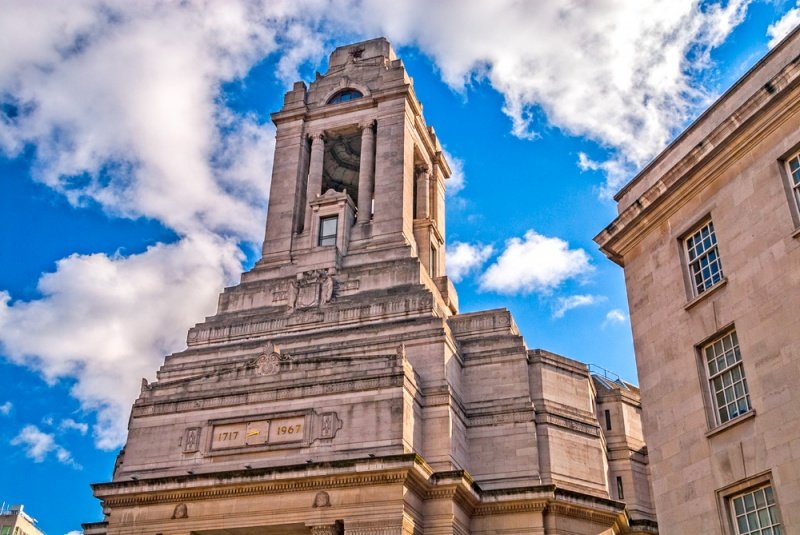The United Grand Lodge of England (UGLE), the world’s oldest Grand Lodge of Freemasons, recently faced a setback in its appeal for a £2.8m VAT refund on membership fees.
The case revolved around UGLE’s contention that it should be exempt from VAT charges due to its predominantly philanthropic nature. However, the tribunal’s decision shed light on a more nuanced perspective.
Freemasons’ Legal VAT Case
In a legal battle spanning from 2014 to 2018, the Grand Lodge sought VAT refunds on membership fees, arguing for exemption under Article 132(1)(1) of Council Directive 2006/112/VAT. This directive grants relief to organisations primarily aligned with philosophical, philanthropic, or civic aims.

Despite UGLE’s annual income of £13m, with a significant portion derived from membership fees, the tribunal dismissed the claims, emphasising that the organisation had more than one ‘main aim’ and wasn’t solely philanthropic.
To know more about VAT in the UK visit our “VAT on Property Explained: A Complete Guide” article
UGLE’s initial appeal to the First Tier Tribunal (FTT) asserted exemption under its primary aim of being philosophical. However, the FTT disagreed, stating that UGLE had a main aim that wasn’t purely “philanthropic.”
The Tribunal Decision
The Upper Tribunal later criticised the FTT for adopting a narrow definition of “philanthropic” and directed attention to the organisation’s multiple aims. While UGLE argued its main aim was philosophical, HMRC contended that this was a factual assertion, not a legal one.

The tribunal’s ultimate decision hinged on whether, between 2010 and 2018, UGLE had one overarching aim encompassing philosophy, philanthropy, and civic pursuits. The case was dismissed, with the tribunal rejecting the notion that UGLE’s activities could be considered truly philanthropic.
To know more about VAT in the UK visit our “A Complete Guide to VAT Registration in the UK” article
In response, an HMRC spokesperson welcomed the decision, asserting that UGLE’s membership income is standard rated for VAT purposes.
Conclusion
The Freemasons’ £2.8m VAT case loss underscores the complexity of determining the philanthropic nature of organisations. As the Grand Lodge grapples with the aftermath, the implications of this legal battle extend beyond VAT refunds.
This raises questions about the broader categorisation of organisations with multifaceted objectives.